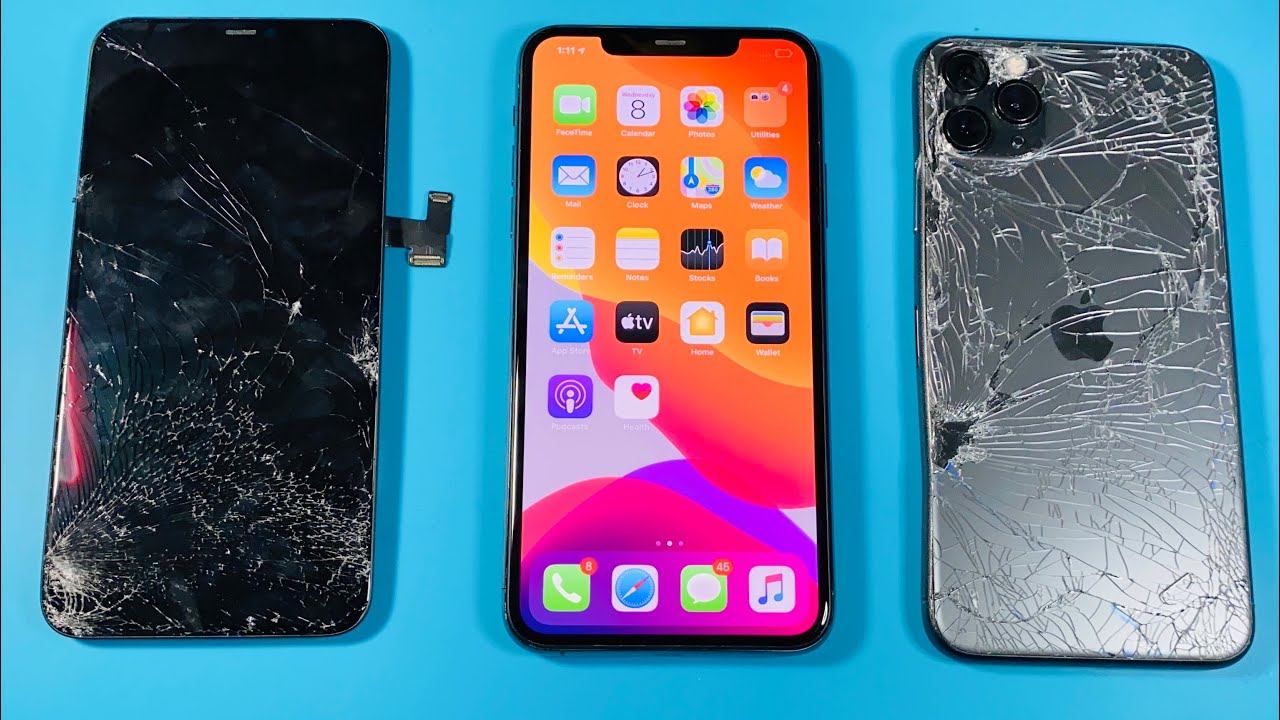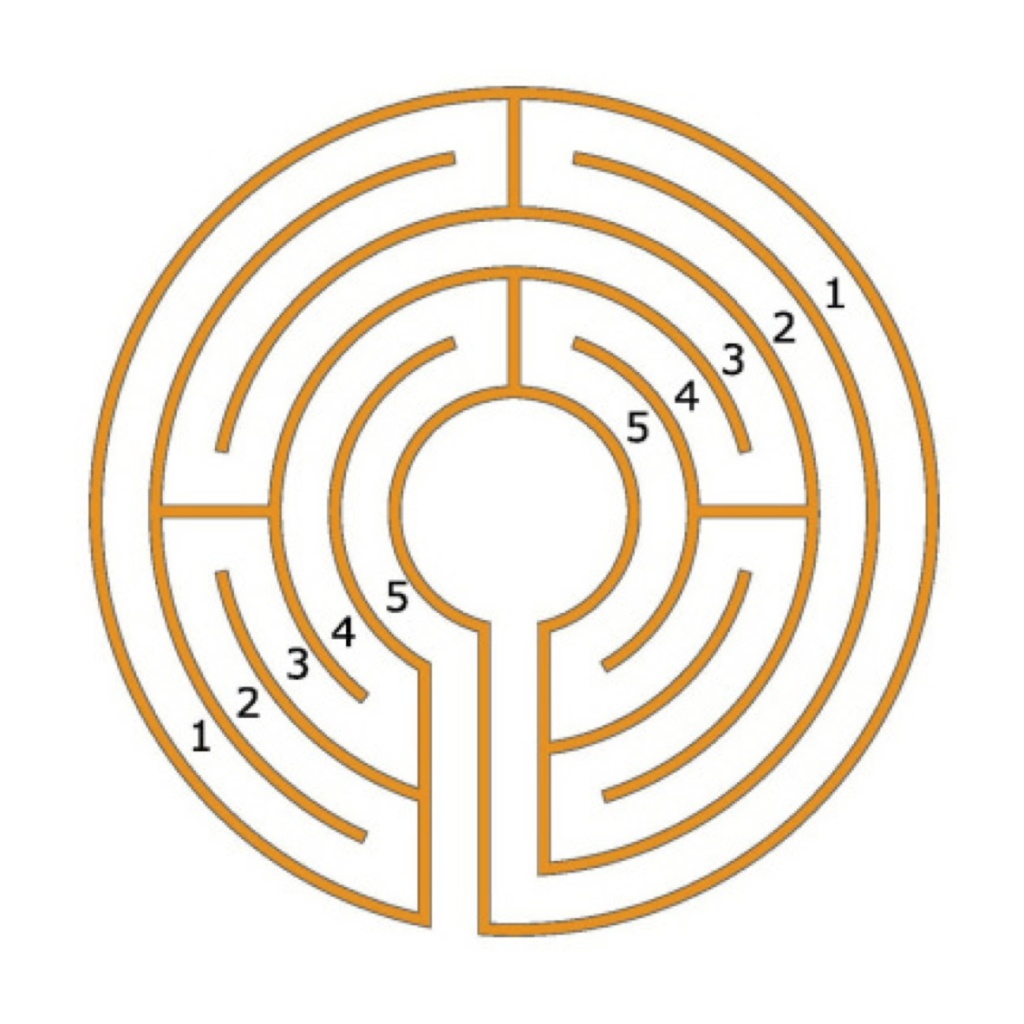Table of Content
For the midrange models, the Echo and Nest Audio sound similar, with generally good audio quality that can easily fill a room. The Nest Audio lacks a bit of bass, while the Echo doesn't have much treble finesse, but both still offer high-quality sound considering their size and price. If you're concerned about privacy, the Echo Show 10 offers peace of mind with a physical shutter. If a moving smart display is just a bit too much for your comfort, the Echo Show 8 might be a better fit.
Both devices support voice over internet calling, which means you can use both to make phone calls nationally to any line inside the US, Canada and the UK for free. Both voice assistants are neck and neck, though we give Google Assistant a slight edge thanks to its better natural language recognition. It doesn't have the number of third-party skills Alexa does, but it's still robust, and easier to talk to. Most recently, Google released the Nest Hub Max, putting Google Assistant in a 10-inch smart display. It's the first product to come out under the converged brand name of Google and smart home security brand Nest.
Which are the best smart speakers?
Frankly, there's very little difference between the two right now. They're both very capable smart assistants that respond to voice commands and work well with many smart home devices. Read our full head-to-head below to get a better idea of the specifics. Google Home vs Alexa -the decision depends on the different demands of users. If you want an assistant to better control your smart home devices, go for Alexa. For smarter handling of actions like ordering a taxi, food, and answering general knowledge questions-Google will serve you better.
She writes full-time for a number of leading review and editorial publications on the web. They are good for news briefs and getting the weather report but not the best as dedicated music blasters. And because Google has the world’s information with it, Assistant is better at fetching you the exact kind of answer you are looking for. Overall, the Max’s design feels very similar to that of Echo Show; not elegant but good looking enough to put in your living room. They lack the sleek design obsession of Apple or Sonos products.
Is the Google Home the Voice-Controlled Speaker for You?
The Echo Studio and Alexa are famed for working with a very broad selection of smart devices and support thousands of various brands for Alexa voice control. If you’ve got other smart devices in your house, they simply have a better chance of working with Alexa. While Google Assistant does support platforms like August, Canary, D-Link, Alarm.com, and the Google-owned Nest, it doesn’t have the same broad compatibility that Alexa offers. There are now a lot of smart speakers being sold online, and it can be difficult to work out which are the essential features, and which you will never use.

It costs $229 (£219, $349), similar to the original price of the 10-inchLenovo Smart Display. These smart displays are ideal for making Google Duo video calls to friends and family members. Inside this speaker, you’ll find two 4.5-inch dual voice-coil woofers and two 0.7-inch tweeters. That combination is excellent for bass and, well, for loud audio in general, and benefits from Google’s automatic sound optimization software based on the room’s acoustics. If you really enjoy blasting music, there’s a lot to love here, and our tests found that the speaker is pretty good at responding to voice commands even when the audio is turned up.
How Voice Technology is Bettering Businesses and Common People?
But the Google portion of the Nest Mini isn’t quite as capable as we’d like. And while it has some smart-home integrations and third-party Actions comparable to Alexa’s Skills, it has fewer of either than Alexa does, though it continues to improve. We recommend a few other Google Assistant devices below and have a guide to the best smart displays and the best Google Assistant devices. Google Home was the company's first foray into smart speakers back in 2016 and it has been around ever since . It has all the usual smart speaker features such as reminders, alarms, weather updates, and playing music but it also supports multiple users.

The most straightforward way to connect these devices is to have them all under the same command center, which we'll mention later. In the Alexa app, select Add Device or the plus "+" button on the app's top-right corner to add a new device. Closely related to the product ecosystem is integration, which needs to be on point if you want to make your home smart. Unsurprisingly, in the specific area of ordering things online, the Echo speakers win out because they are intertwined with the world’s largest online marketplace. After having lived with speakers from both companies for years, we know where we fall in the Google Home vs Alexa battle. Vicky is a full-time professional writer who spends most of her time covering the real-world impact of the latest technologies on consumers' lives around the world.
Will your speaker work with the rest of the tech in your house? Both of these smart speakers have great compatibility with online services — the voice assistants work with Spotify , Pandora, and other popular apps. For each speaker, smart features are handled by their voice assistants, so the real question becomes — which do you like better, Alexa or Google Assistant? Alexa tends to have better smart home compatibility, while Google Assistant tends to play more nicely with your phone. Ultimately, they offer very similar services and can both handle your schedule, give reminders, answer questions, play games, searching the Web for info, and all sorts of smart capabilities.
The Duo feature is compatible with Android smartphones, iPhones, and Chrome browsers, specifically. Video calling preferences are totally subjective, we know, but we really like the auto-framing and zooming feature on the Nest Hub Max. That tool helps keep us centered, focused, and in-frame, no matter how far away we are from the camera itself.
If you’re surrounded by Apple tech at home, it’s the obvious choice but it doesn’t integrate with as many smart home devices as Google or Alexa do. For a full list of compatible gadgets, check out this page on Apple’s website – and the roundup of our favourite HomeKit devices here. They have big screens for video chat, TV, or recipes, and great speakers, too. Alexa and Google Assistant are two of the leading voice assistants out there. Here's how the smart speakers that use them stack up against each other.
The Echo Show 5 and Nest Hub are both much smaller, respectively featuring 5.5-inch, 960-by-480 and 7-inch, 1,024-by-600 screens. The Echo Show 8 sits between the two extremes, with an 8-inch screen that has the same 1,280-by-800 resolution as the Echo Show and Nest Hub Max, for the sharpest picture. Echo Show devices use Alexa, while Google Nest products use Google Assistant. Both have seen some major upgrades over the years, but they're also still works in progress. Wirecutter is the product recommendation service from The New York Times.
Now, about that display… A standout feature shared by the Nest Hub and Nest Hub Max is their stunningly gorgeous displays. Both Google devices have sensors that allow them to not only adjust brightness, but also fine-tune color temperature to match the ambient light in the room. This results in crisp, beautiful images and videos that really bring their subjects to life. While you may not want two songs playing simultaneously, both devices have music streaming options that work for every type of consumer.

Using these devices together often provides better results than using them individually. It’s hard to think of any smart device you can’t control with Alexa. It works with smart thermostats, robotic vacuums, TVs, doorbells and a gazillion other things. Thankfully, there are two color options to choose from; black and white. Again, while we can't say definitively which device is the best before we test all three, there are some clear standout features here. The Google Home Max has two woofers and two tweeters, compared to the HomePod and the Echo Plus .

No comments:
Post a Comment